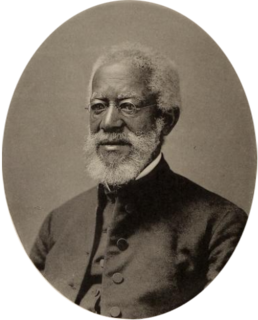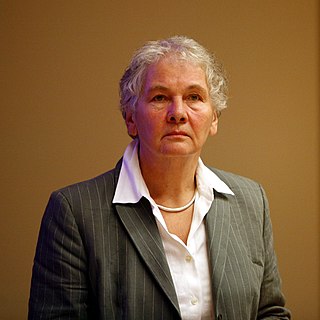A Quote by Ernest Hemingway
Experiencing differences is crucial to the human condition. Especially when that difference is over the head, blower powder.
Quote Topics
Related Quotes
The real debate about both the horrific inequality in the world and about the terrorism and frightening instability in the world requires analysis of the differences in upset-adaption or alienation-from-soul between individuals, races, genders, generations, countries, civilisations and cultures, but until the human condition could be explained and the upset state of the human condition compassionately understood and thus defended that debate could not take place.
The different American experience of the 20th Century is crucial because the lesson of the century for Europe, which essentially is that the human condition is tragic, led it to have a build a welfare system and a set of laws and social arrangements that are more prophylactic than idealistic. It's not about building perfect futures; it's about preventing terrible pasts. I think that is something that Europeans in the second half of the 20th century knew in their bones and Americans never did, and it's one of the big differences between the two Western cultures.
The human condition comprehends more than the condition under which life has been given to man. Men are conditioned beings because everything they come in contact with turns immediately into a condition of their existence. The world in which the vita activa spends itself consists of things produced by human activities; but the things that owe their existence exclusively to men nevertheless constantly condition their human makers.
The differences between religions are only differences involving the pathways that lead toward the practice of directly experiencing higher levels of perception and understanding. All religions are paths to a metaphorical mountain-top variously named Wisdom, enlightenment, self-realization, the kingdom of heaven, righteousness, etc. Differences that lead to violence and persecution are based on a corrupted relationship to the teachings and practices of religion.
Institutionalized rejection of differences is an absolute necessity in a profit economy which needs outsiders as surplus people. As members of such an economy, we have all been programmed to respond to the human differences between us with fear and loathing and to handle that difference in one of three ways: ignore it, and if that is not possible, copy it if we think it is dominant, or destroy it if we think it is subordinate.
Here's a philosophical rule of thumb: always start with the negative definitions. Negative definitions are always easier to understand. So, here's a negative definition. We must not conceive difference in terms of the differences we find between things that already exist. Difference is not empirical differences.







































